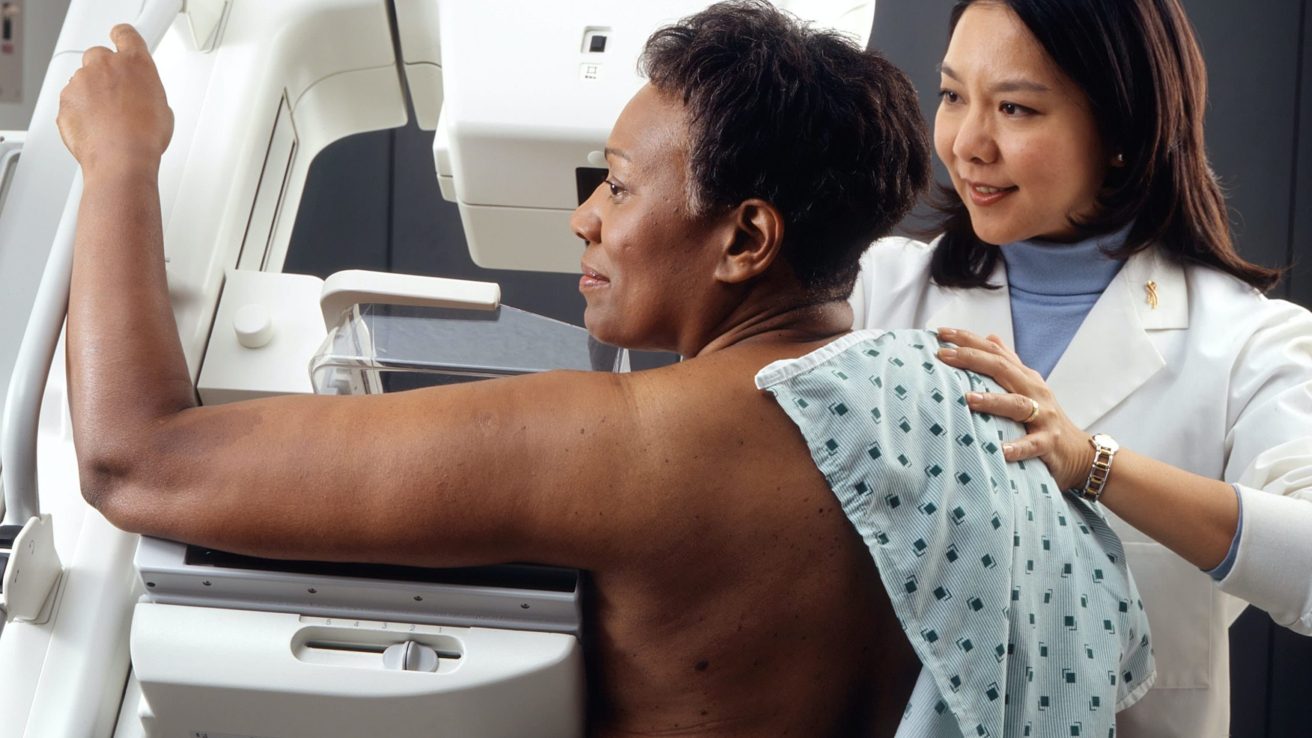There is a valid correlation between patient immunohistochemical profile (IHC) and metabolic syndrome for patients diagnosed with breast cancer. It is unclear whether menopausal status is a factor in the development of breast cancer. Post-menopausal women who were newly diagnosed with breast cancer were evaluated to determine the association between metabolic syndrome and immunohistochemical profile.
Patients with metabolic syndrome are characterized by chronic inflammation and oxidative stress, both of which have been associated with involvement in carcinogenesis. This cluster of syndromes includes hypertension, abdominal adiposity, and insulin resistance.
One worldwide study consisted of 602,195 women, 15,945 of which were breast cancer patients, across numerous age groups. 17 follow-up studies were also conducted. The association between metabolic syndrome and breast cancer was were relevant in studies that involved Asian and Caucasian females. This data determined that there is a significantly increased risk of breast cancer for post-menopausal women and a decreased risk for premenopausal women.
In a cross-sectional study, subjects consisted of 189 newly diagnosed breast cancer patients, within the age range of 45-75 years old. A full range of data was collected from each study participant including HDL, LDL, triglycerides, and glucose levels. Along with extensive patient information about their breast cancer, including information retrieved from the biopsy. 33.3% of these women met the criteria for metabolic syndrome when diagnosed with breast cancer. This study determined that women with metabolic syndrome did experience a higher frequency of tumors than women without metabolic syndrome. Analysis of this data concluded that advanced age, time at menopause, and a high body mass index showed a higher risk for HER-2 negative tumors for women.
It can be concluded from these studies that postmenopausal women with metabolic syndrome are at an increased risk of breast cancer. Continued research and clinical studies involving modifiable metabolic factors, including metabolic syndrome, could aid in the prevention of breast cancer.
https://www.ncbi.nlm.nih.gov/pmc/articles/PMC6883425/
This study was conducted by: PL and WW designed the study. PL, TW, and CZ performed database search, data extraction, and quality evaluation. PL, MY, GL, and JH performed data analyses. PL and WW drafted the manuscript. All authors critically revised the manuscript and agreed submission.









